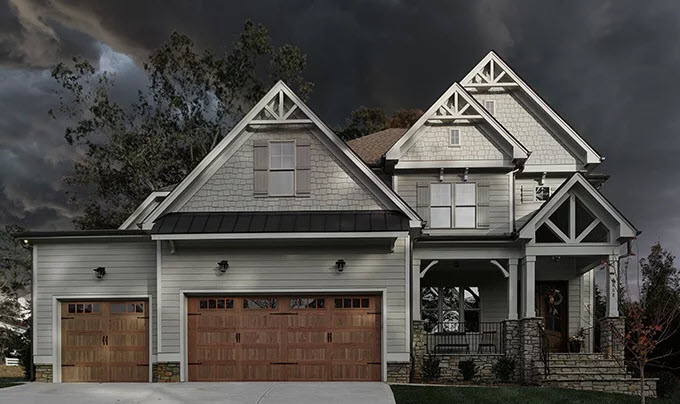Windows and Doors, Build Smart

It’s essential to ensure you and your family are prepared for a hurricane and that you discuss the importance of having a set plan for emergency situations. How you will contact one another? Travel to a safe location? What do you do in unexpected situations? Check out these tips to preparing your family for inclement weather.
With severe winds and rain, the power could go out which can limit accessibility and use of technology. Create and keep contact cards with important information and family phone numbers in wallets, purses and bags.
In emergency situations, communication is key. Create a communication plan by visiting FEMA’s website. Don’t forget to share with your kids and other family members.
Ensure you and your family are up-to-date with the latest weather alerts by choosing to receive notifications via email, phone calls or text messaging.
During an emergency, it’s important that your family is all aware of an emergency contact. Once decided, share that person’s number and other information with your family.
When a hurricane takes place, you can usually expect power outages and other surrounding damages. Be prepared by creating an emergency kit that includes items like first aid supplies, a battery-operated radio and flashlights.
Before a hurricane hits, remember to prepare with the necessities. For example, make sure your gas tank is full and you have enough water and ice to last you for a few days.
For more information on creating a hurricane plan, visit FEMA’s website here.
The Storm’s Over. What To Do Next?
Here are eight post-hurricane tips from the American Red Cross.
If you do not have impact-rated windows, protect your windows with permanent storm shutters.
Whether you’re a homeowner looking for a professional to help with installation or a pro interested in purchasing Ply Gem brands and product lines, we’ve got you covered.
